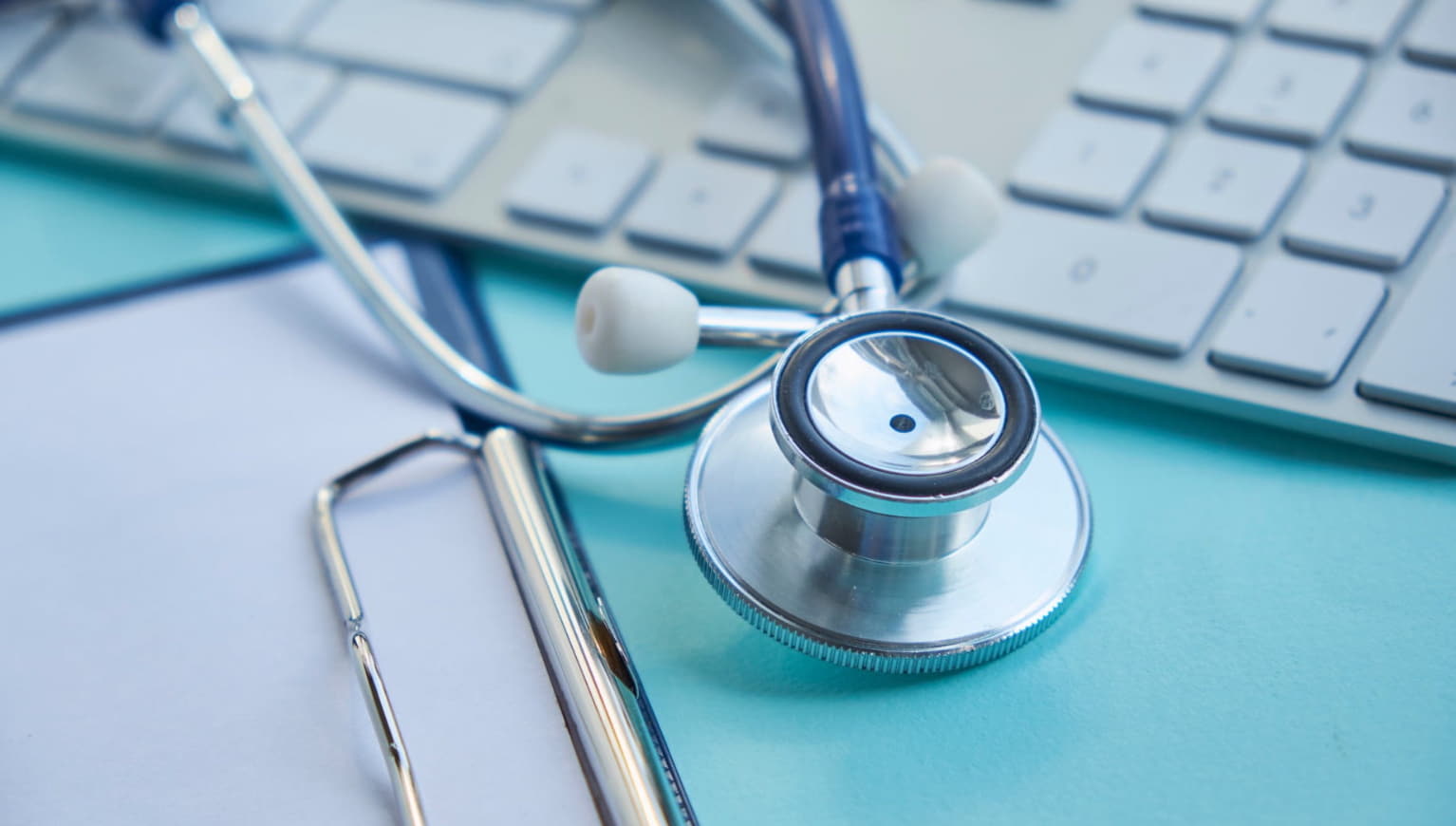Medical device whistleblowers play a crucial role in upholding the integrity and safety of the healthcare industry. Their actions often lead to the exposure of issues within the device field, ultimately safeguarding patient well-being.
In this Guest Post we will explore the world of medical device whistleblowers, shedding light on their significance, the process they follow, the impact on patient safety, and the challenges and rewards they face.
Understanding Medical Device Whistleblowing
Shedding Light on the Process
This is a process by which individuals within the healthcare industry or related fields come forward with concerns about the safety, effectiveness, or ethical conduct of medical devices manufacturers.
These concerns could range from design flaws and safety hazards to fraudulent practices. The individuals who choose to become whistleblowers typically do so out of a deep commitment to patient safety.
Anonymity and Protection
Whistleblowers often have the option to remain anonymous, and there are legal protections in place to shield them from retaliation. These protections are vital, as they enable individuals to come forward without fear of jeopardizing their careers or personal safety.
Reporting Mechanisms
Whistleblowers can report their concerns through various channels, including internal reporting within their organizations, government agencies, or even to the media. The choice of channel often depends on the nature and severity of the issue.
Impact on Patient Safety
How Whistleblowers Protect the Public
The actions of medical device whistleblowers can have a profound impact on patient safety. Their disclosures can lead to vital changes in the industry and better protect the public from potential harm.
Recalls and Improvements
Whistleblowers have been responsible for exposing design flaws and safety hazards that, once addressed, lead to recalls and improvements in medical devices. This helps prevent injuries and complications in patients.
Regulatory Scrutiny
Whistleblower reports often trigger regulatory agencies, such as the FDA in the United States, to investigate and review the safety and efficacy of healthcare devices. These investigations can lead to stricter regulations and enhanced oversight.
Legal Actions
In some cases, whistleblowers’ reports result in legal actions against manufacturers engaged in fraudulent or unethical practices. These actions not only hold wrongdoers accountable but also act as a deterrent against future misconduct.
Challenges and Rewards: Journey of a Medical Device Whistleblower
Becoming a device whistleblower is not without its challenges. The decision to come forward with concerns can be difficult, and the journey that follows is filled with both obstacles and rewards.
Challenges Faced
Whistleblowers may face professional and personal challenges, such as job loss, strained relationships, and even threats to their safety. Legal battles and public scrutiny are also part of the journey.
Motivations
Many whistleblowers are motivated by a strong sense of ethical responsibility. They believe that patient safety should always take precedence, and they are willing to endure the hardships of whistleblowing to protect the public.
Rewards
While the journey is arduous, there are potential rewards for whistleblowers. These may include legal protections, financial compensation, and the satisfaction of knowing they’ve made a significant contribution to patient safety.
Support and Resources: Where Whistleblowers Can Turn
Whistleblowers do not embark on this journey alone. There are support systems and resources available to help them navigate the challenging process.
Legal Protections
Many countries have laws in place to protect whistleblowers from retaliation. In the United States, for instance, the Whistleblower Protection Act and the False Claims Act provide legal safeguards.
Advocacy Groups
Numerous advocacy organizations, such as the National Whistleblower Center, provide assistance, guidance, and resources to individuals who choose to blow the whistle.
Government Agencies
Whistleblowers can also turn to government agencies like the FDA, which have specific channels for reporting concerns. These agencies play a crucial role in investigating and addressing the issues raised.
Conclusion: Empowering Whistleblowers for a Safer Healthcare System
In conclusion, medical device whistleblowers are unsung heroes in the healthcare industry. Their courage and commitment to patient safety have a lasting impact, driving improvements in the safety, efficacy, and ethics of healthcare devices.
It is crucial for us to recognize the role they play and offer them our support as they strive to make the healthcare system safer for us all.
Their efforts help ensure that the devices intended to heal and improve lives do just that, without compromising safety or ethics.
